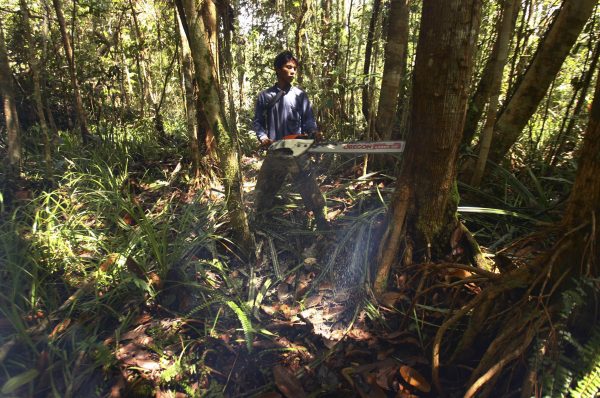Indonesia and Norway signed a cooperation agreement on REDD+ in May 2010. REDD+ is an incentive scheme to reward developing countries or entities for reducing emissions from deforestation and forest degradation. It was supposed to be a new chapter in their bilateral relationship on forests and climate where Norway pledged US$1 billion to assist Indonesia in reducing greenhouse gas emissions. The Letter of Intent (LOI) detailed key actions alongside a timeline to be completed by Indonesia and facilitated by Norway.
But two issues plagued the LOI and its implementation from the start. First, the LOI’s design with ambitious substance and timelines did not adequately consider the political hurdles. The dynamics within Indonesia’s government resulted in the delayed completion of required actions. Indonesia’s dissolution of the independent REDD+ agency required by the LOI was a particular setback, replaced by a division in the Ministry of Environment and Forestry.
Second, Norway and Indonesia have different views on REDD+ measures, standards and instruments. Despite these differences, Indonesia has developed the Forest Reference Emission Level 2020, the National Forest Monitoring System, the Safeguard Information System, and National Registry System for climate change control . Indonesia has also established the Environment Fund within the Ministry of Finance to manage REDD+ and other environmental funds secured from domestic and international sources.
Underlying these different perspectives is the larger issue of trust. Despite significant improvements in the last decade, Indonesia’s forest and land governance has been historically weak. This has resulted in greater scrutiny of the LOI’s implementation.
Still, achievements have been made. These include the banning of further conversion of primary forests and peat ecosystems, oil palm moratorium, more transparent forest industry licensing and forest change monitoring, and intensified forest and land fire management.
The Global Climate Fund has already granted Indonesia a REDD+ Results-Based Payment of US$103.8 million — the highest among other recipient countries — for 20.3 million tonnes of carbon dioxide equivalent in emissions reduction between 2014 and 2016. This boosted Indonesia’s confidence about international trust on its climate change mitigation efforts and achievements.
Indonesia has also made measurable progress in reducing deforestation and has obtained international recognition for its efforts to reduce greenhouse gas emissions. In June 2020, Norway announced that it would make its first results-based payment to Indonesia of up to US$56 million for 11.2 million tonnes of carbon dioxide equivalent of emissions reduction in 2016–2017 compared to the preceding decade. But Norway never delivered. This led to Indonesia eventually terminating the LOI due to Norway’s insistence to first evaluate Indonesia’s Environment Fund which was established based on a Presidential Regulation and the use of funds. At the time of the termination, discussions on the transfer had been ongoing.
Indonesia’s disappointment with Norway’s failed commitment to pay was less to do with the size of the payment, but the lack of recognition of Indonesia’s achievements in reducing emissions. Norway’s grant is minuscule compared to the costs Indonesia must incur to achieve its climate change mitigation targets, including the funds Indonesia has allocated for climate change-related activities.
It is projected that US$19 billion is required annually to achieve the 2030 emissions reductions target. Since 2016, Indonesia has allocated US$6.4 billion annually — 3.9 per cent of its national budget — for climate change-related activities, which is a third of the required funding to address climate change. Indonesia requires funding mobilisation outside its national budget, including international assistance.
The REDD+ narratives and the LOI have contributed to increased public awareness and scrutiny of Indonesia’s forest and land governance, which has led to improvements and greenhouse gas emission reductions. Given the demonstrated and verified achievements, Indonesia should be rewarded commensurately.
Despite the termination, Indonesia has much to offer in climate change mitigation. Its greenhouse gas emissions reductions commitments will be tested by limited funding capacity and more urgent development priorities. Indonesia will remain on the international community’s radar for bilateral and multilateral cooperation in emissions reductions support. Such cooperation will only work if it is based on an adequate understanding of governance dynamics and realities on the ground to allow for measured expectations. Equally important are mutual trust and strong commitments on delivery of both greenhouse gas emissions reductions and payments.
Ida Aju Pradnja Resosudarmo is a Research Fellow at the Crawford School of Public Policy, The Australian National University.

